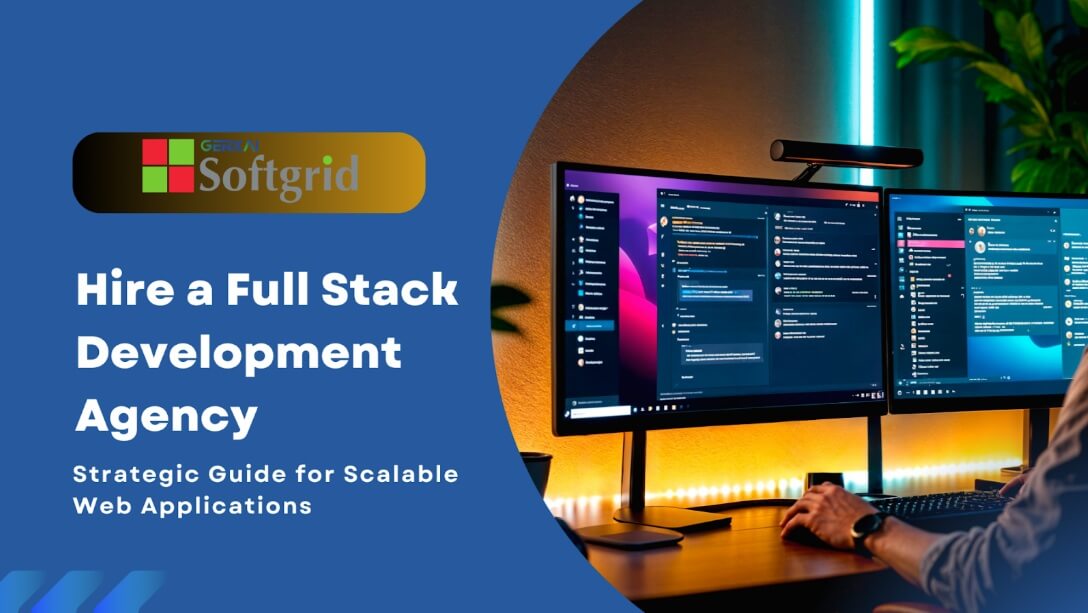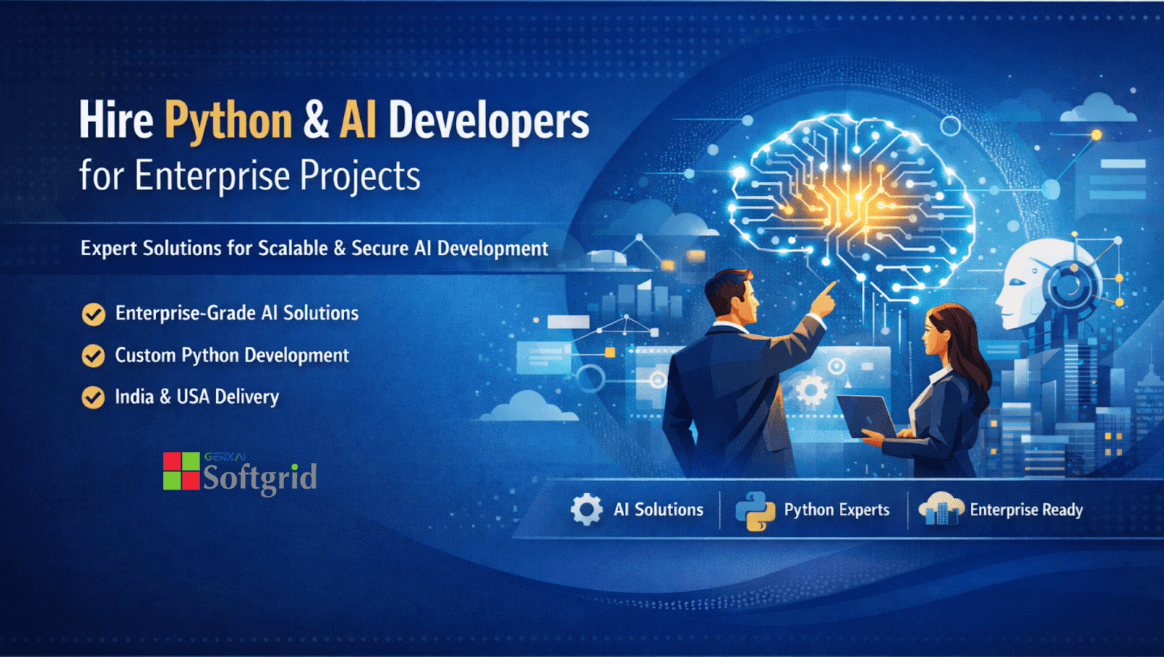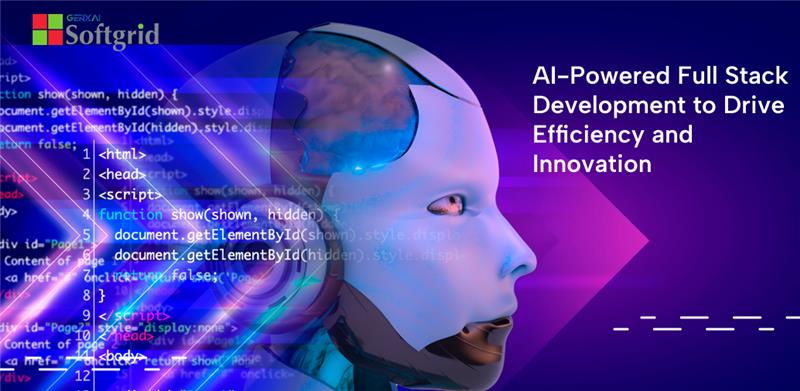Interoperability in healthcare has the ability to share health information with health organizations and use data cohesively. The interoperability system and device can easily share the data and interpret that shared data. Due to coronavirus, interoperability systems are being highlighted for the communication between providers to deliver the best possible care for the patient. The systems are timely to deliver uninterrupted portability of information and optimize the health of every patient across the world. Healthcare mobile app development services can improve care coordination by providing clinicians remote access to information and quality patient experience. Interoperability devices can smoothly transit healthcare data between healthcare providers, deliver better care, and reduce additional cost this is why Interoperability is the heart of care coordination.
Interoperability enables care coordination by exchanging health data with multiple providers and specialists. Interoperability is all about the patient and connects their health data to a different specialist; also, they can visit and consult multiple locations. Despite the adoption of EHR (electronic health record) in healthcare organizations, clinics, and hospitals, there is a big communication gap between the systems. Therefore, EHR interoperability solutions can fill the gap by sharing data from a range of vital sources including hospitals, pharmacies, healthcare providers, laboratories, and clinics. The custom healthcare software development provides real-time monitoring and instant sharing of health information help to diagnose the patient.
Application Programming Interface for Care Coordination
The Application Programming interface has to gain traction in the healthcare industry. It provides secure data information that is more organized than point-to-point connections. The open APIs platform can help healthcare providers to give easy access to clinical data that will support their clinical decision and make more informed choices for their patients. The application programming interface are using to collect data by a healthcare provider to analysis, also patient can easily and securely access their own medical records any time. Providers can communicate with each other using the right tools and can access critical information at the point of care.
It allows accessing patient-level data and helping them to monitor their health with post-discharge care instruction. Moreover, healthcare APIs can allow the hospital to share resources from other organizations and reduce the error and additional cost. The API creates a bridge between the systems. So healthcare organization requires a connection for the many other systems, which is much point-to-point connection that has coded from scratch. The APIs makes the screen faster, easier, and smarter for coronavirus patient and helps the telemedicine group, the care management group, deliver faster care in a scalable manner.
Fast Healthcare Interoperability Resources for Care Coordination
FHIR is a data standard technology that is used for exchanging healthcare information electronically. It is designed to encourage patient data portability and accessibility. It can use to assist structural data with machine-based programming and automated clinical decision support. During COVID-19, the journey from ambulating care to urgent care of the patient generates significant health information in a very short period. Now many trends are adopting FHIR in healthcare and most importantly it has real-time access to clinical data through application programming interface system.
Fast healthcare interoperability resource is free to use. FHIR is designed for existing web technologies like JSON, XML, https, and REST. It provides standardization for API that support android and iOS device. FHIR is moving to deliver value-based care statistics in healthcare and bringing a number of benefits and improvements. COVID-19 pandemic is helping to reveal a new way to use HL7’S FHIR to share healthcare information and coordinate services. FHIR is used to support public health efforts and it has the potential to gather all data and coordinate research across the world. The adoption is increasing globally which can help to get a common platform of collaboration around the world.
Direct Secure Messaging Facility
Healthcare providers are using direct secure messaging tools similar to email that can handle a patient’s health information. This tool has the potential to securely deliver and receive a document that can constantly manage and handle medical records. Even, the tool can share and store patient health information includes personal and family history. With open access and many app developers, the information is likely to fall into the unscrupulous hand but to counter the arguments of security and privacy, there is always a “technology guardrail” that can safely manage health records that will help for the care coordination.
Moreover, many electronic health record systems give access to patient data by providing patient-level consent on all of the consumer platforms that make safe for the patient and allowing them to see their single patient medical information. The remote web developers are working in all health organization and support system-to-system connection to share medical records more securely. During COVID-19, most healthcare organizations are using a secure messaging platform. Interoperability is filling the gap between system and care coordination, also enhances information sharing across all healthcare providers. It does not only allow sharing essential patient record but also help to complete information such as prescription, lab test report, clinical summaries, etc.
Conclusion
The coronavirus pandemic has brought a new way for the treatment across the world. Digital health technology is supporting to fight against the pandemic to improve safety and efficiency. Interoperability and information sharing facility is the most significant option for providers to navigate these challenging days. The healthcare software development organization and interoperability system are connecting to the entire healthcare system that helps different hospital systems in the care setting. Healthcare providers can send, receive, and use patient data as continuity of care document, image, and PDFs, etc. Care coordination is a major factor for increasingly COIVD-19 patients who are transitioning from a care setting. Now Healthcare providers are performing virtual and seamless checkups to provide improved care to patients. Moreover, many health systems are focusing to remodel their business as needs are increasing and interoperability is becoming a lifeline for care coordination in the entire health industry.
Softgrid Computers Indore provides seamless, secure, and reliable data exchange software support for our customers. Lab, pharmacies, billing services, care providers, and many other players can exchange a huge amount of data with interoperability software. We are a health care software development company that builds a flexible and scalable solution without any compromising on data security and privacy at an affordable price.

 Web and Full Stack
Web and Full Stack CMS and Frameworks
CMS and Frameworks Online Marketing
Online Marketing Cloud Services
Cloud Services ECommerce
ECommerce Mobile
Mobile



